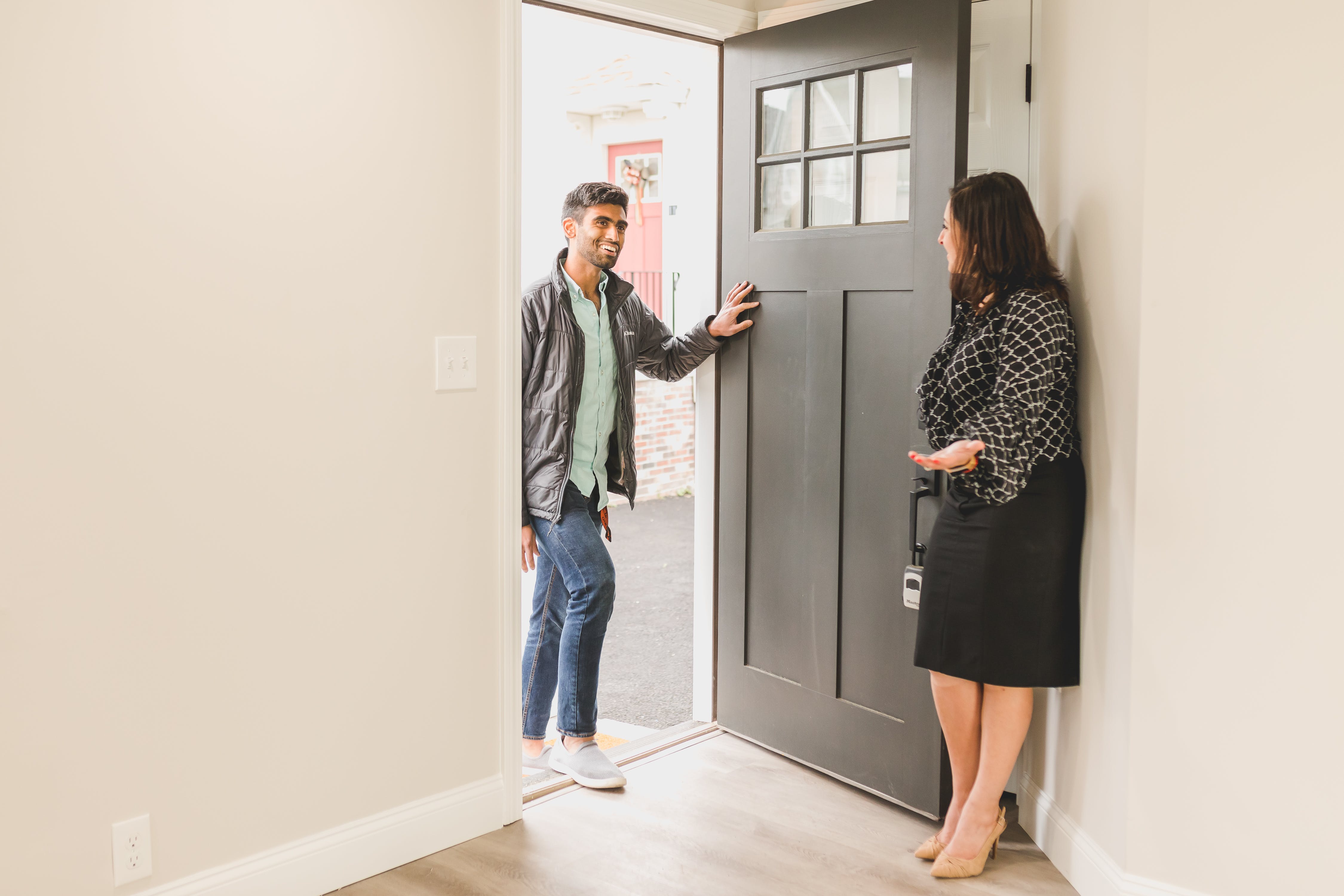-
Lot Size18,296 sqft
-
Home Size2,733 sqft
-
Beds4 Beds
-
Baths3 Baths
-
Year Built2003
-
Days on Market3
Utilizing Your Home Inspection
- Real Estate Tips
- home inspection, Homes for sale in San Diego, inspection, Linda Moore
- October 25, 2013

A home inspection is a crucial part of any home purchase. Many buyers base their purchase offer on the results of a home inspection. In the real estate market, getting a home inspection is a smart choice for someone who wants to buy a home. Here are a few tips as to how to get the full use out of a home inspection.
A Home Inspection is Not an Appraisal
While both home inspections and home appraisals deal with assessing a property, they are actually quite different. In essence, an appraisal is an estimate gauging a property’s market value, and an inspection examines the physical structure to uncover any needed repairs, costing between $300 and $500, typically paid for by the buyer.
A home inspector will check the attic, crawl spaces, and other areas to ensure there’s no hidden problems as well as the overall structural integrity and safety of the property. Your Realtor can recommend a home inspector that is knowledgeable about the local real estate and is fully qualified.
How to Prepare for the Inspection
To get the most value out of your home inspection, consider doing the following:
- Conduct your own preliminary walk through, checking the interior and exterior for any issues.
- Jot down a list of specific things you’d like the inspector to review.
- Have questions for the inspector on how to fix/maintain the property.
What to Do During a Home Inspection
A home inspection usually runs from 2 to 4 hours with the buyer also being in attendance. Inspectors go by the American Society of Home Inspectors (ASHI) to zero in on any potential issues the buyer will need to address. During the inspection, utilize this time to learn how to take care of the home and its interworking systems.
Find out where the water shutoff valve is as well as ask the inspector how to maintain the property. Many home inspectors can tell you the life expectancy of your household appliances so you can avoid being caught off-guard when it is time to replace something like the water heater. A good inspector will also be able to point out small repairs that should be made after you move into the property.
After the Inspection
If the inspector finds any kind of major problem with the home you intend to buy, consult with your Realtor to decide how to best handle the problem. Depending on what the inspection reveals, you may need to negotiate whether you want the seller to fix the problem, get credit at closing, or cash to make the repairs after you move in.
Modern Technology and the Home Inspection
In the past, home inspectors had to climb ladders with a camera in hand to assess a roof’s condition, risking their safety and sweating bullets in the process. With modern technology, inspectors can now use drones, moisture meters, and infrared cameras that detect what the human eye could easily miss.
Home inspectors are also “going green,” focusing on the environmental impact of a property and its energy efficiency. Inspectors check for recycled/renewable materials, low-flow fixtures and irrigation systems to conserve water, and proper ventilation for good indoor air quality.
A Realtor Can Help You Prepare Now
A home inspection is definitely in your best interest to protect your investment and even open your eyes to the complexities of your property. But you’ll want to know what to expect, and having a seasoned Realtor will help guide you along to make the best decisions.
Contact top Encinitas Realtor Linda Moore if you’re on the hunt for your dream home today!





